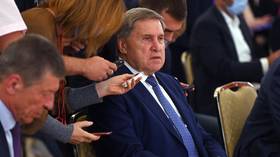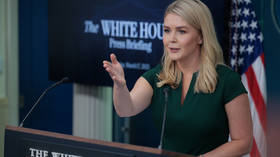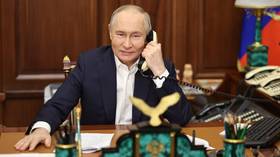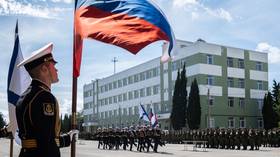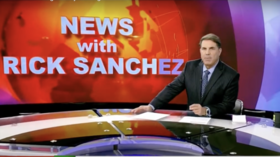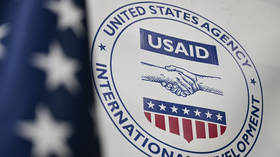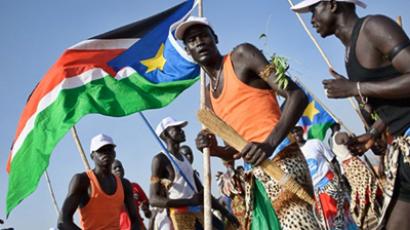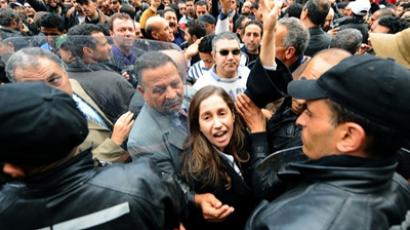Tunisia riots because it lacks jobs and opportunities - analysts
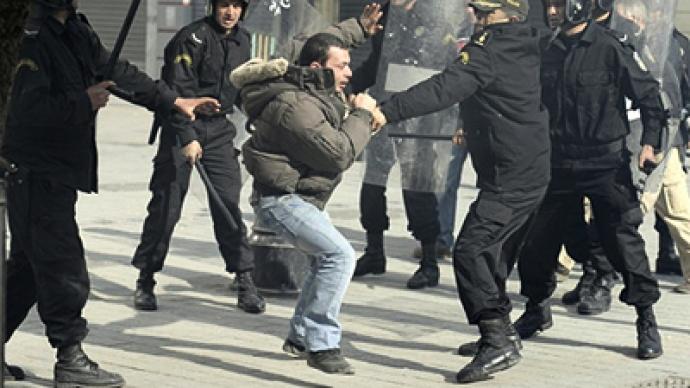
Tunisia has announced a national unity government, headed by the incumbent Prime Minister, to ready the country for elections.
Three opposition leaders will take posts in the government, AP reported. Prime Minister Mohamed Ghannouchi has pledged greater political and media freedoms and announced that political prisoners would now be freed.The development comes after violent protests overthrew autocratic president Zine El Abidine Ben Ali after a 23-year-rule, forcing him to flee the country. Before new presidential elections take place, Tunisia is being run by the veteran of the country’s ruling party, Fouad Mebazaa, who is acting as interim president.However, the atmosphere remains tense in the country, with protestors urging the revolution to continue in a bid to force radical changes in government.According to Professor of International Relations and Middle Eastern Studies at New York University Alon Ben-Meir, democratic reforms alone are not enough to solve problems Tunisia faces.“The problem here is not a matter of freedom and democracy. The problem in Tunisia and many other Arab states is the lack of economic development, lack of jobs, lack of opportunity, lack of good education,” he said. “Democracy and elections are not going to provide jobs and opportunities.”Political scientist at American University of Paris Hall Gardner agrees that the main reason behind political unrest in Tunisia is the poor state of the country’s economy.“It needs more competition, needs more investment. It needs some international encouragement,” he said. “If it does not get that it could begin to create tensions in the rest of the region.”



